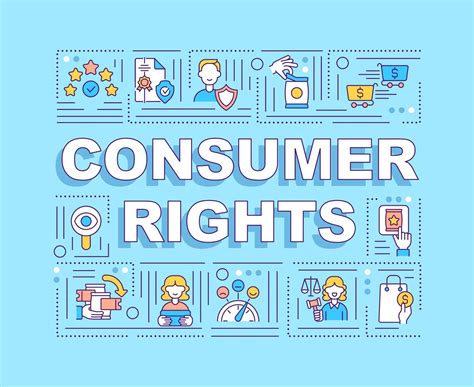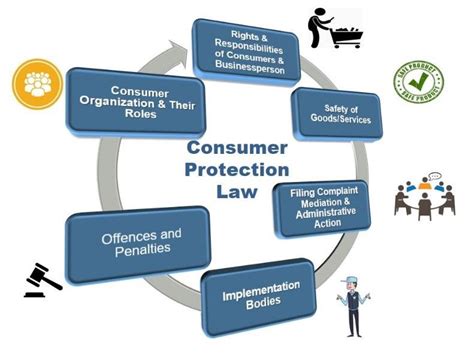What Legal Rights Do Consumers Have? A Complete Guide
What Are Consumer Rights and Why Are They Important?
Consumer rights ensure fair treatment and transparency for buyers, protecting them from unethical practices. They provide consumers with necessary information, transparency, and recourse if a product or service is faulty. These rights play a crucial role in upholding consumer trust, fostering competition, and enhancing the overall quality of products and services in the market. In this section, we’ll cover the essential rights available to consumers, how they’re applied, and why they matter.

In most countries, consumer rights protect individuals through various laws and regulations. These rights aim to address issues like:
- Product Quality: Assurance that goods are of reasonable quality and fit for purpose.
- Truthful Advertising: Ensuring claims made in advertisements are accurate and verifiable.
- Access to Redress: Options for refunds, repairs, or replacements if a product fails to meet expectations.
- Protection from Unfair Trade Practices: Protection against fraud and deceptive practices.
Consumer Rights Framework Around the World
The framework of consumer rights can differ between countries but generally includes similar core principles:
| Country/Region | Key Consumer Rights Laws | Focus Areas |
|---|---|---|
| United States | Federal Trade Commission Act, Consumer Product Safety Act | Product safety, advertising integrity, fair labeling |
| European Union | Consumer Rights Directive, General Data Protection Regulation (GDPR) | Privacy, digital rights, consumer contracts |
| United Kingdom | Consumer Rights Act, Consumer Protection from Unfair Trading Regulations | Product quality, fair practices, information transparency |
Core Consumer Rights
Consumer rights are typically grouped into these core areas:
- Right to Safety: Consumers should be protected from hazardous goods or services.
- Right to Information: Ensures consumers are informed about the products and services they buy.
- Right to Choose: Prevents monopolies and ensures a competitive market.
- Right to Redress: Provides a path for compensation or correction if products fail.

What to Do if Your Consumer Rights Are Violated
If a consumer feels their rights have been violated, several steps can help resolve the issue. Here are the typical actions to consider:
- Document the Issue: Keep receipts, emails, and notes of interactions with the seller.
- Contact the Business Directly: Many companies have dedicated customer service channels for addressing complaints.
- Use Online Review Platforms: Many companies respond to public reviews to manage their reputations.
- Seek External Support: Report issues to regulatory bodies, such as the Federal Trade Commission in the U.S. or the Competition and Markets Authority in the U.K.

FAQ on Consumer Rights
1. What rights do I have if I receive a faulty product?
Consumers are entitled to request repairs, replacements, or refunds for faulty products, depending on the situation and local laws.
2. Can I return a product if I simply change my mind?
This depends on the seller’s return policy. Some countries have a cooling-off period for online purchases, allowing returns within a set time frame.
3. Are my personal data protected when I make a purchase?
Most consumer laws include privacy protection measures, especially for online transactions. The GDPR in Europe, for example, safeguards personal information.
4. What should I do if I encounter misleading advertising?
Consumers can report misleading advertisements to consumer protection agencies, which investigate and penalize false claims.
5. Do I have rights when buying from international sellers?
Yes, but international purchases are subject to the laws of both the seller’s country and the consumer’s home country. Check both before buying.
6. How are my rights different when buying online?
Online purchases often come with extra protections, such as return policies, because consumers cannot inspect the products in person.
7. How do consumer rights laws handle subscriptions and memberships?
Consumer rights protect buyers from automatic renewals or hidden fees in subscriptions, though it’s essential to review terms carefully.



